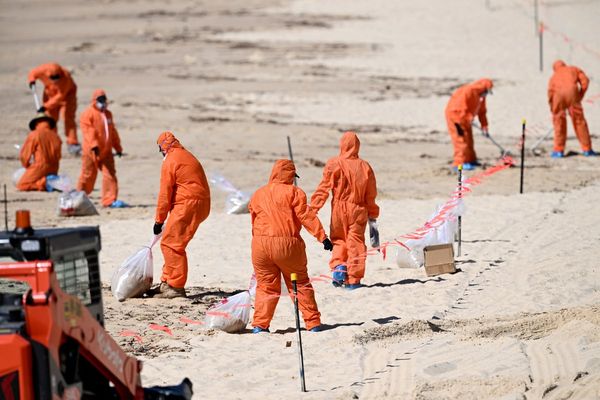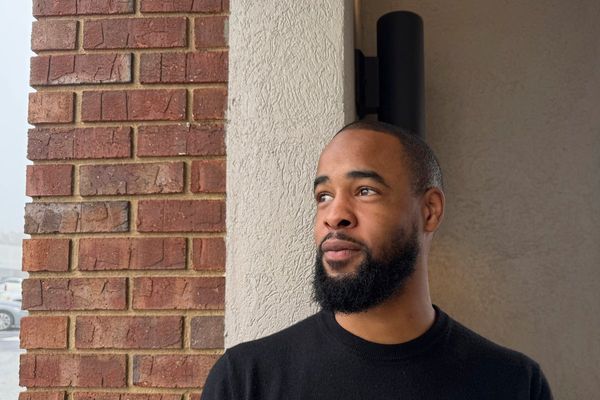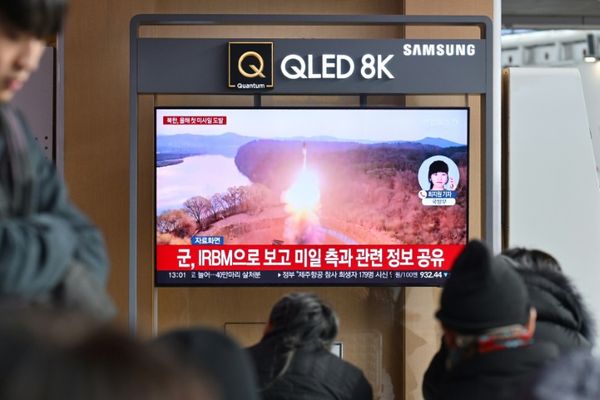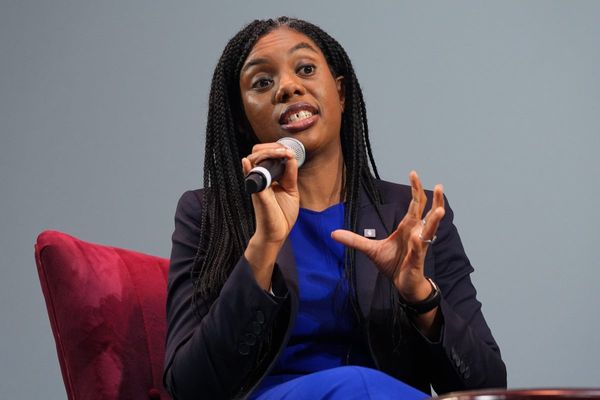
Citing national security concerns in the summer of 2020, former President Donald Trump vowed to ban TikTok from use across the United States.
The social media company that allows users to upload, play and share videos is owned by the Chinese company ByteDance. The threat referred to was that the Chinese government could potentially end up possessing user data that TikTok stores on Americans.
Trump issued an executive order that August effectively announcing TikTok was facing an imminent ban in the U.S.
"TikTok automatically captures vast swaths of information from its users, including internet and other network activity information such as location data and browsing and search histories," the order claimed.
TikTok fought the ban, which was still facing legal challenges when Joe Biden became President in January of 2021. Biden eventually issued executive orders of his own that reversed Trump's, effectively ending talk of a ban.
Still, in July 2022, FCC Commissioner Brendan Carr testified about TikTok use in the U.S. government and military. "Thankfully, many entities--public and private--have taken notice and are taking action," he said.
"For example, multiple U.S. military branches have banned TikTok from government-issued devices due to national security risks, including the Navy, Army, Air Force, Coast Guard, and Marine Corps. U.S. government officials have also urged troops and their dependents to erase the app from their personal phones. But as noted above, TikTok continues to be prevalent on service members’ personal devices," he added.
TikTok currently has 94.1 million users in the U.S., according to Statista.
The Data Suspicions Persist
On Oct. 21, controversy was renewed when a story in Forbes claimed Americans were being targeted in new developments.
The accusation alleges two cases when a ByteDance team based in China went after TikTok data that could reveal the whereabouts of a U.S. citizen.
The magazine said ByteDance’s internal audit and risk control team were to carry out the operation, Forbes said.
That team is in charge of looking into transgressions committed by current and former ByteDance employees. But the Forbes report claims the two Americans had never worked for ByteDance.
TikTok Disputes the Claim
In a 5-part tweet thread, ByteDance disputed the accusation. Under the handle @TikTokComms, it wrote, "@Forbes' reporting about TikTok continues to lack both rigor and journalistic integrity."
The subsequent Twitter posts contained four more points.
- "Specifically, Forbes chose not to include the portion of our statement that disproved the feasibility of its core allegation: TikTok does not collect precise GPS location information from US users, meaning TikTok could not monitor US users in the way the article suggested."
- "TikTok has never been used to 'target' any members of the U.S. government, activists, public figures or journalists, nor do we serve them a different content experience than other users."
- "Our Internal Audit team follows set policies and processes to acquire information they need to conduct internal investigations of violations of the company codes of conduct, as is standard in companies across our industry."
- "Any use of internal audit resources as alleged by Forbes would be grounds for immediate dismissal of company personnel."
But TikTok has a privacy policy statement on its Website's legal pages that complicates these arguments. "We collect information about your approximate location, including location information based on your sim card and/or IP address, it says. "With your permission, we may also collect precise location data (such as GPS)."







